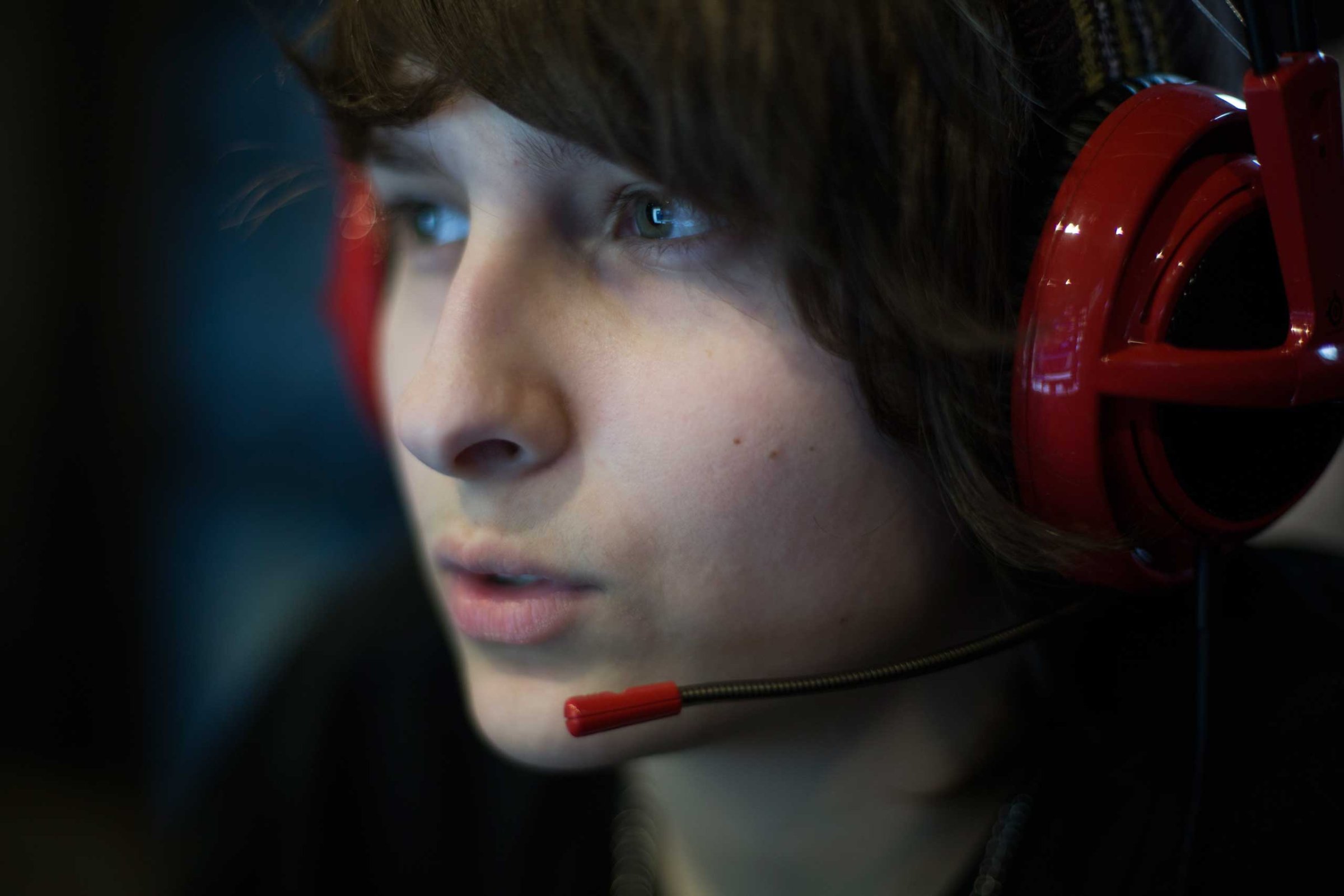
Correction appended, March 27, 2015
Parents who think that video games are an academic distraction, take heart: pounding on the controller can now help pay for college.
Last fall, Robert Morris University in Chicago became the first college in the US to make competitive gaming or “e-sports” a varsity sport, and offer athletic scholarships for players. “My parents were always telling me to get off the Xbox,” says Jonathan Lindahl, a freshman e-sports player at Robert Morris. “So I’m really rubbing it in their faces.”
At Robert Morris, video game scholarships can be worth up to half of tuition and housing, or $19,000. What’s more, since the NCAA doesn’t regulate e-sports, they’re not bound by the rules of amateurism. A couple of Robert Morris players, for example, recently played in a semi-pro tournament and each earned around $1,000. Want to get paid as a college athlete? Stay on the Xbox.
Robert Morris spent $100,000 and received help from video game sponsors to retrofit a classroom into a full-fledged gaming hub with hi-tech monitors, headsets, and chairs. The players look a bit like fighter pilots, and play League of Legends, a five-on-five battle game popular among college students. The top Robert Morris team has qualified for Sweet 16 of the North American Collegiate Championship (NACC), which starts on March 28: traditional sports powers like Michigan, Georgia Tech, Texas A&M are also in the mix. The “Final Four” will be held in Los Angeles in early May. Each member of the winning team will receive $30,000 in scholarship money.
A sure sign that college video games are like traditional sports: one member of the Robert Morris squad, freshman Adrian Ma, 18. left the school in November to join a pro team. “The opportunity was too good to pass up,” says Ma. A second school, the University of Pikeville in Kentucky, will offer e-sports scholarships this fall. For gamers, March Madness has indeed arrived.
Read the full story, The Varsity Sport of the Virtual World, in the latest issue of TIME magazine and on TIME.com.
Correction: The original version of this story misstated the name of the student in slide 9. His name is Zixing Jie.
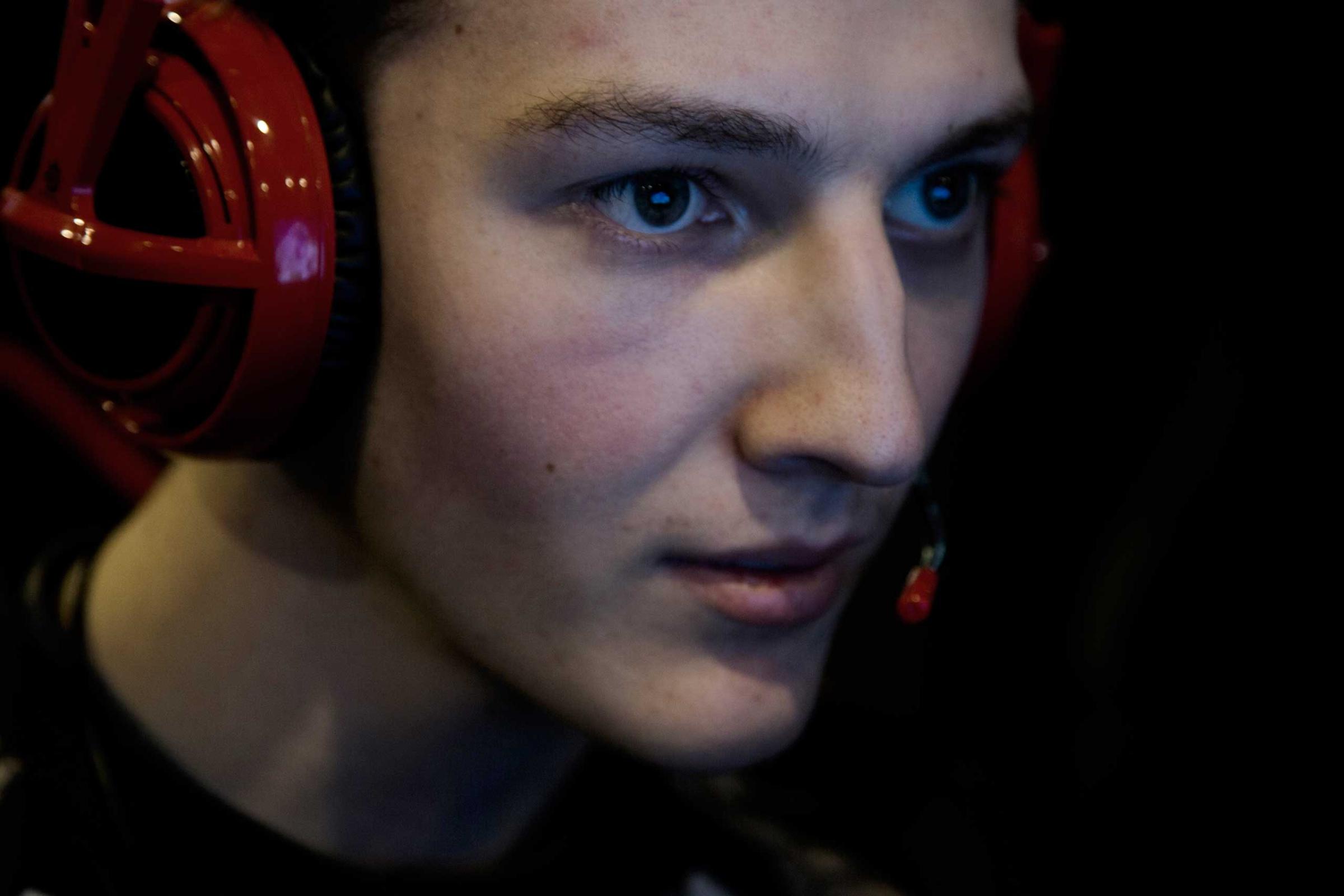
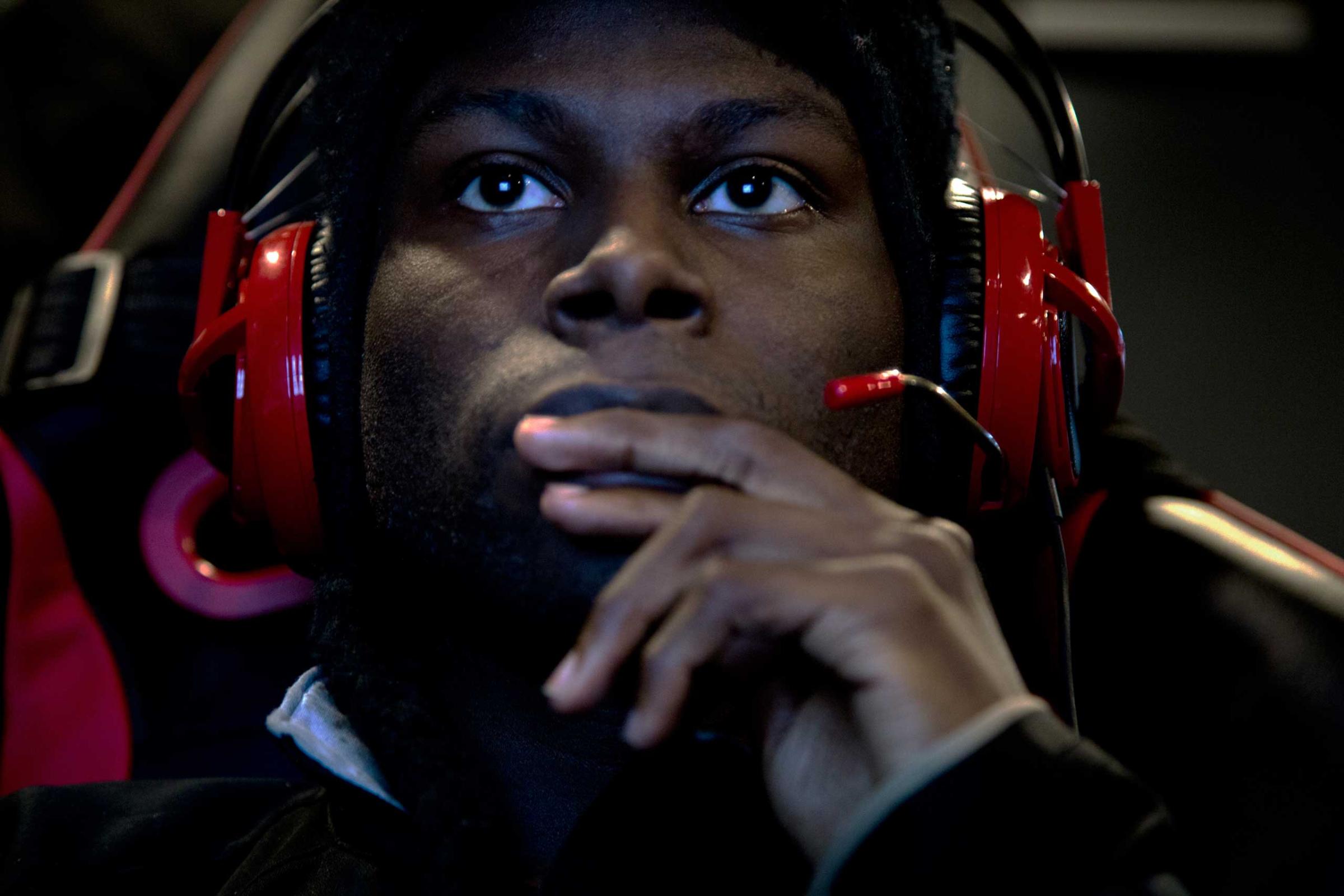
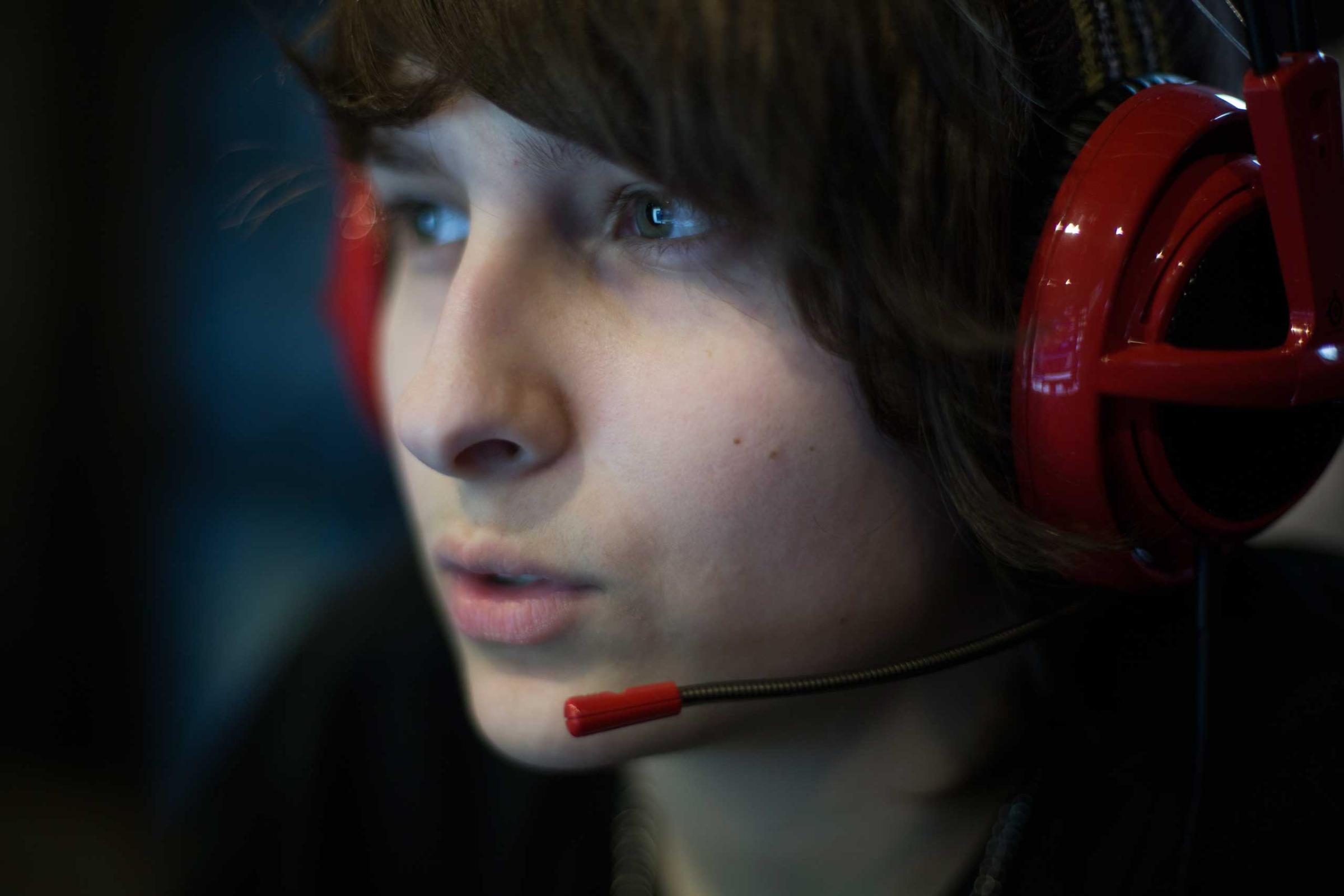
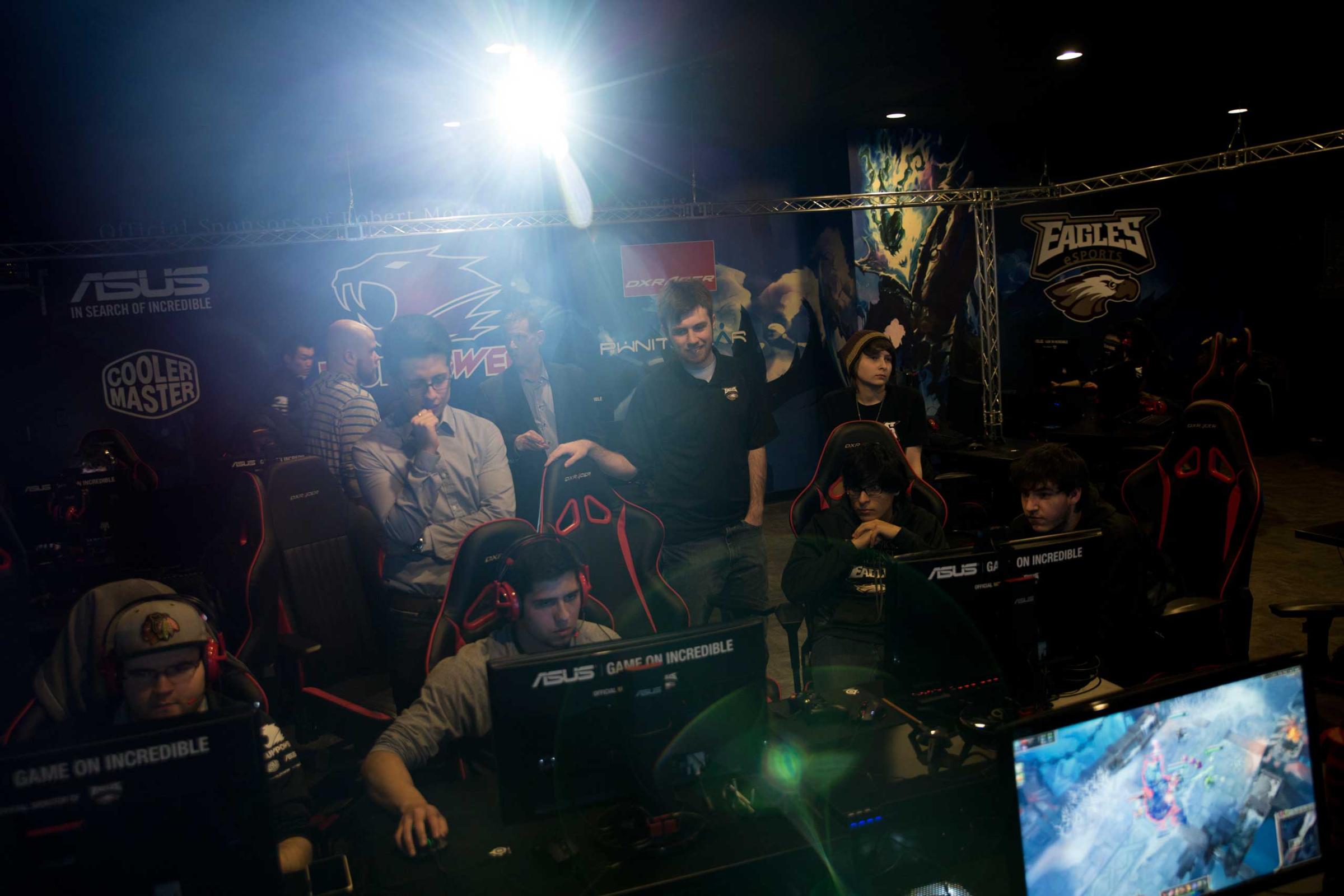
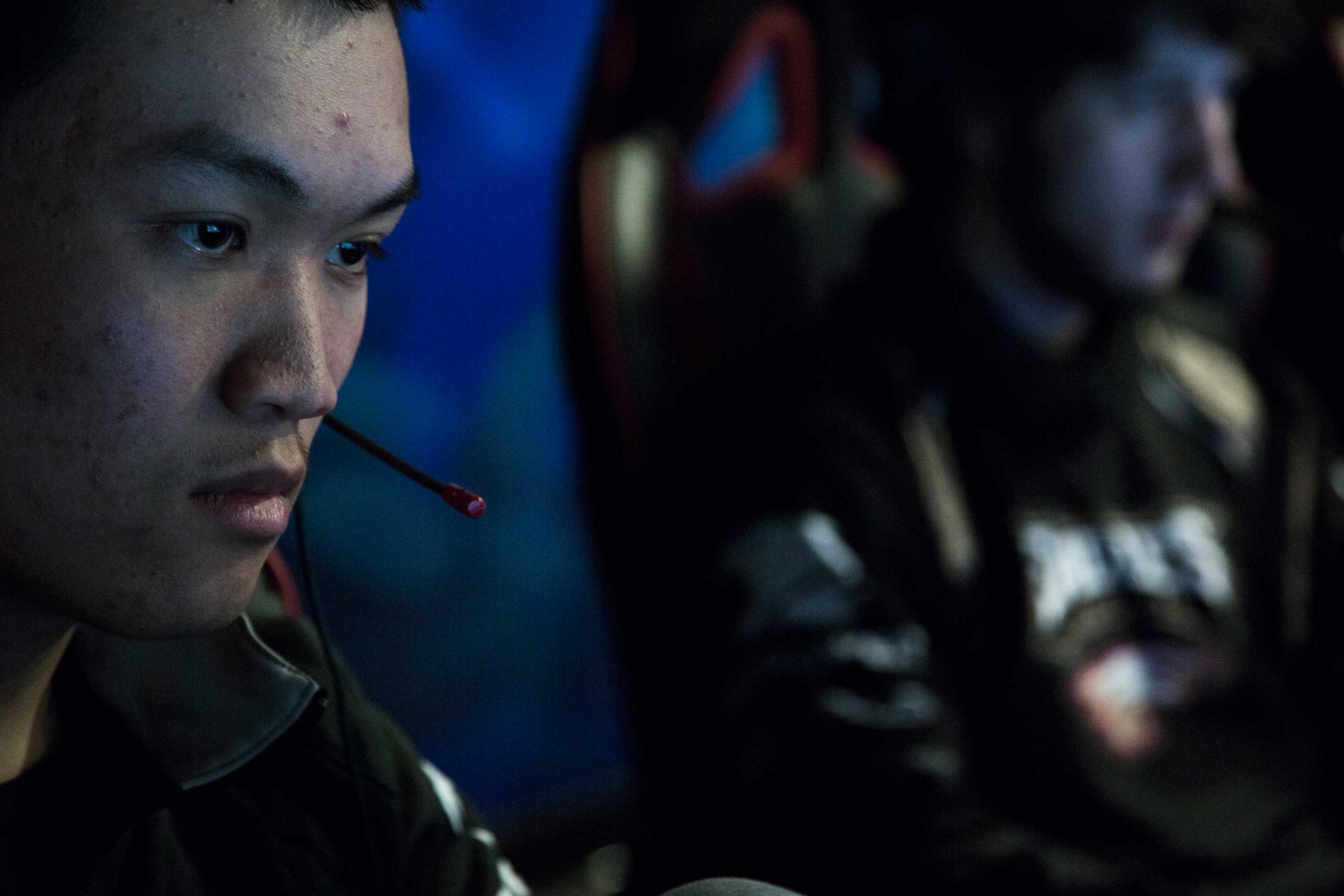
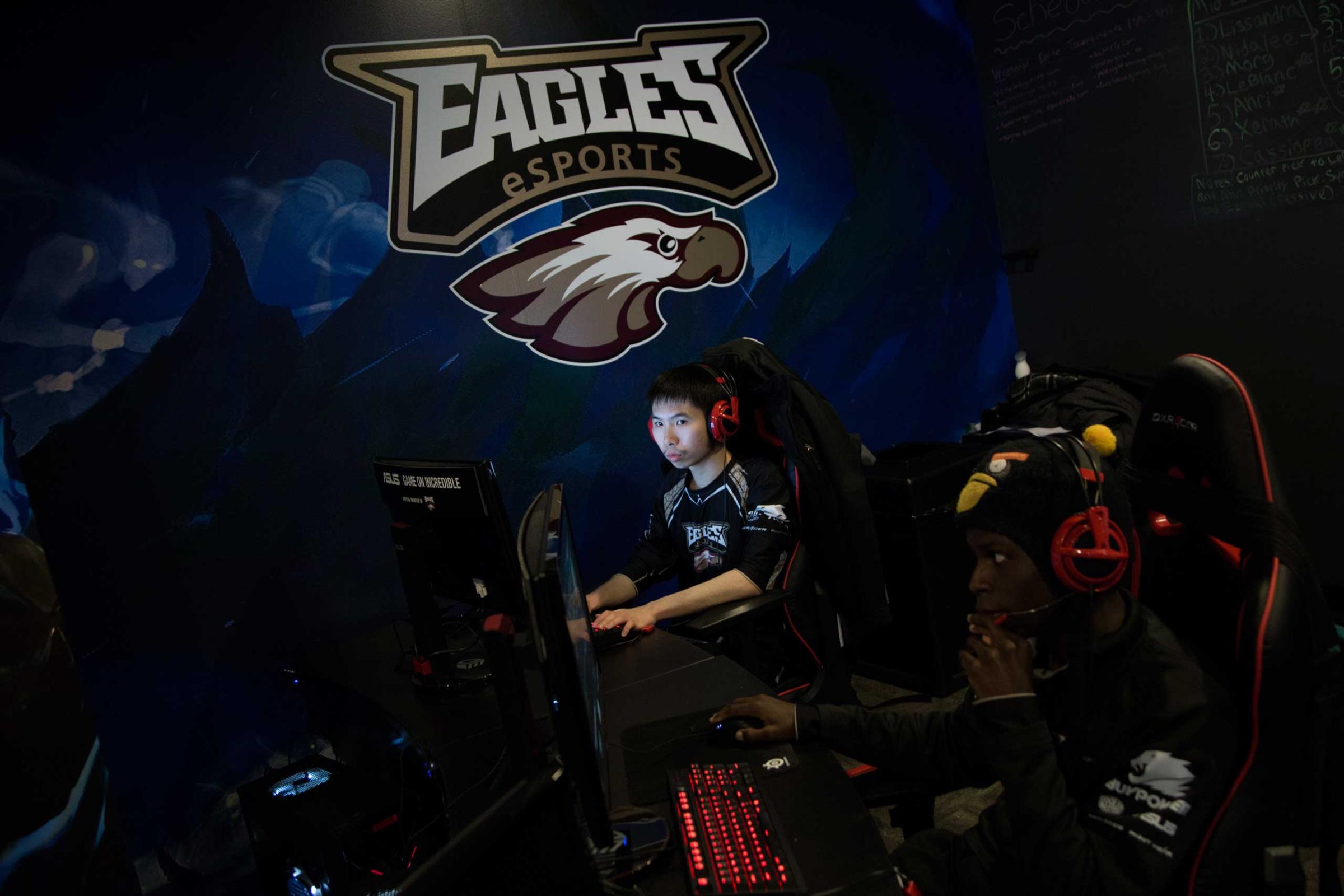
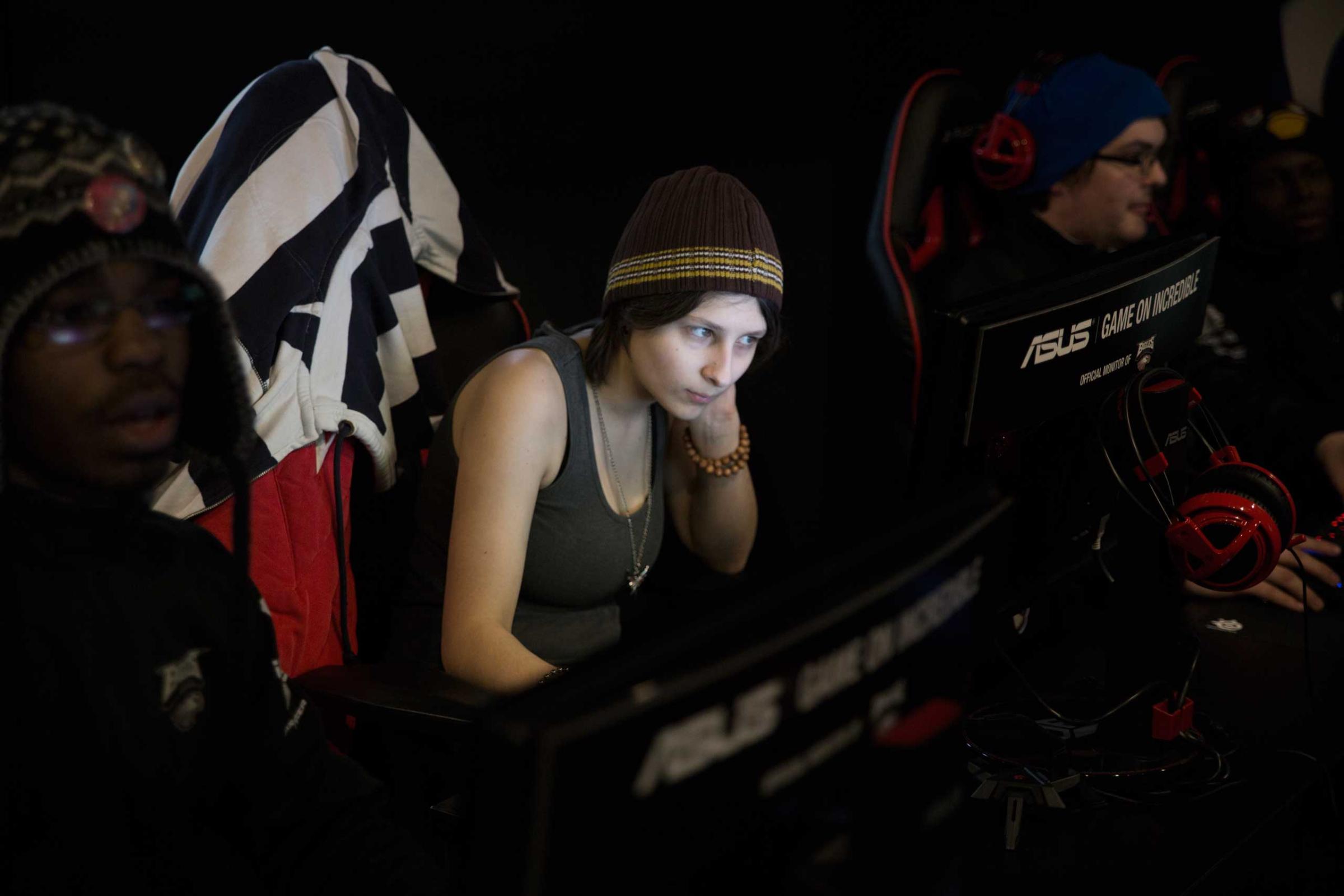
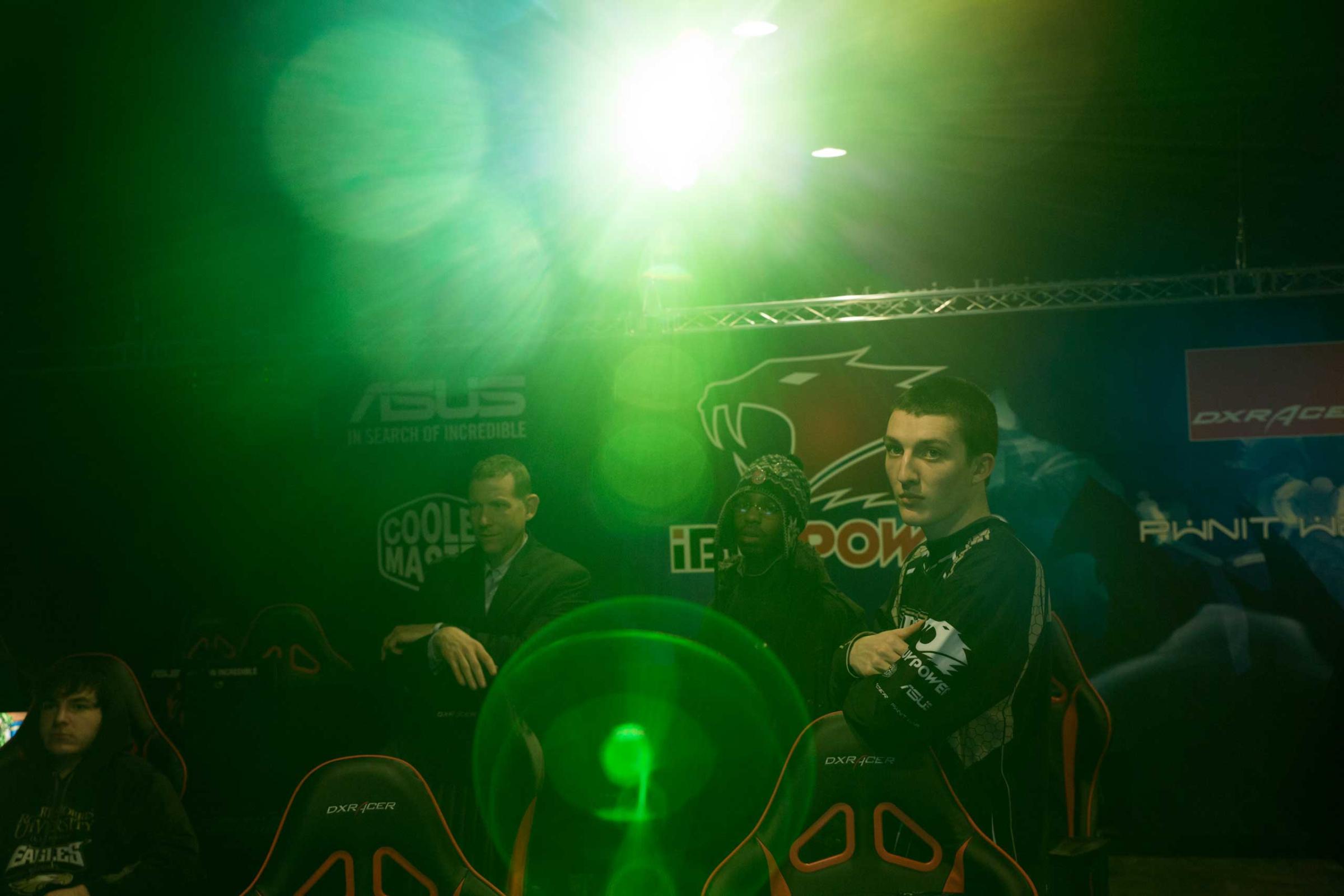
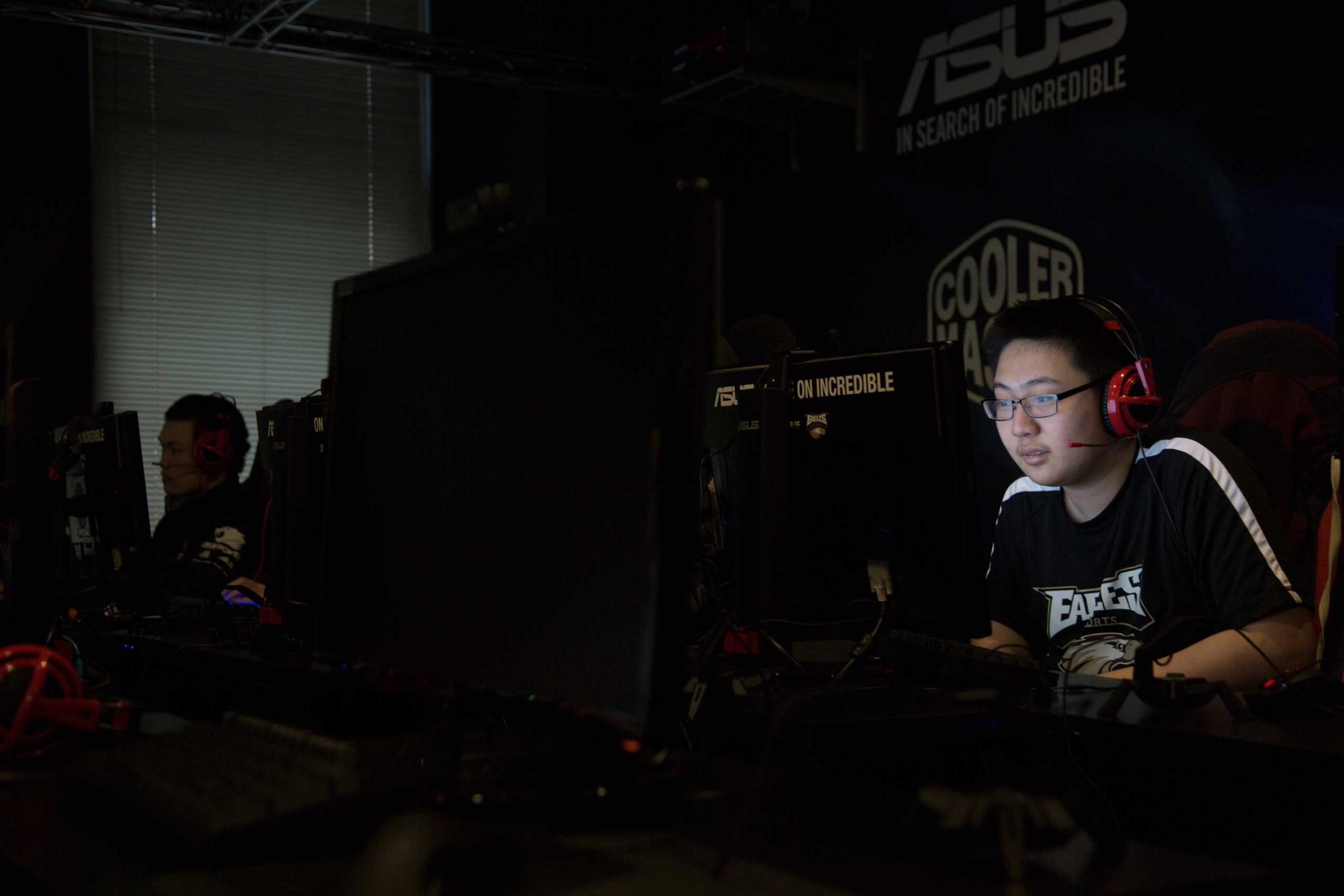
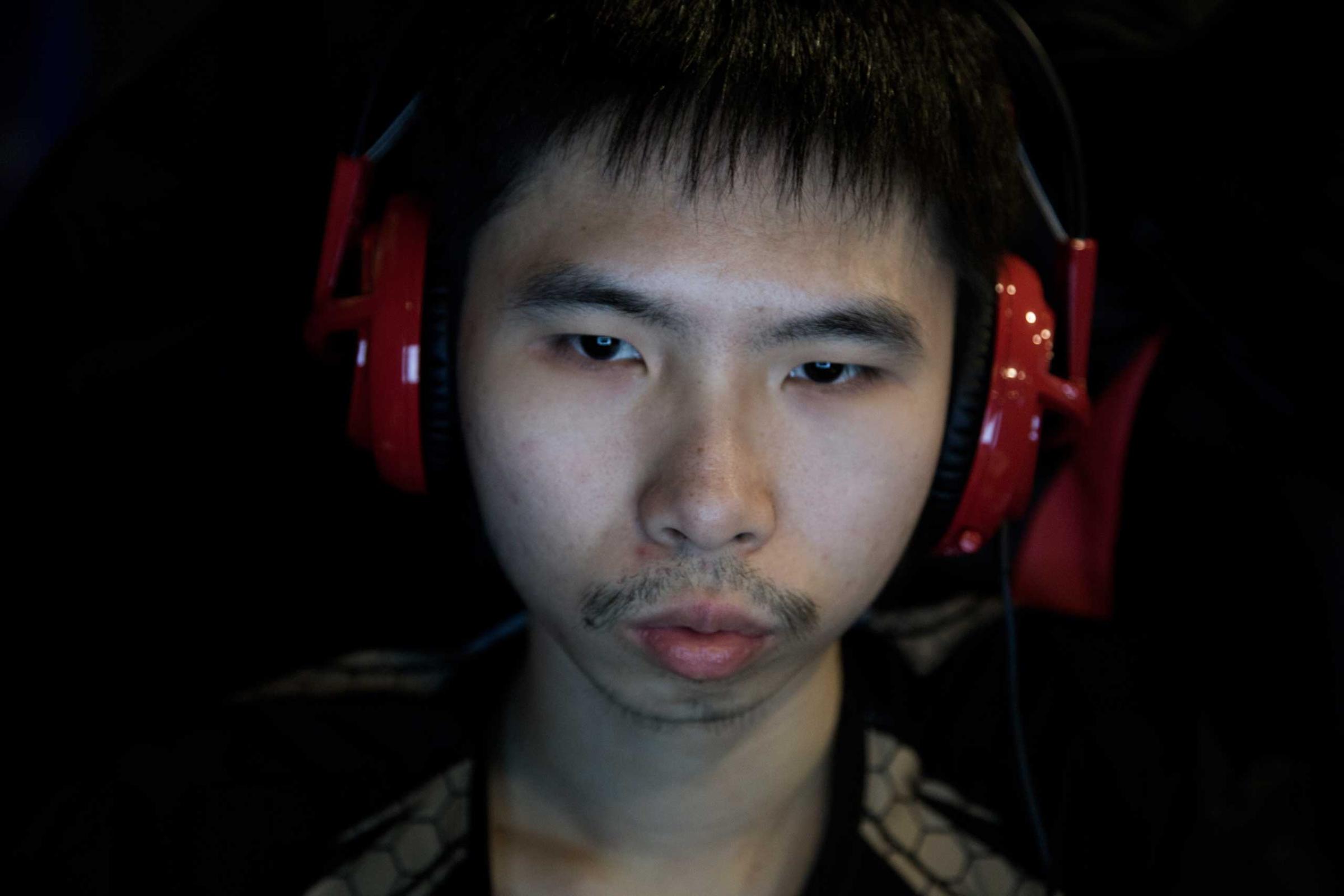
More Must-Reads from TIME
- Donald Trump Is TIME's 2024 Person of the Year
- Why We Chose Trump as Person of the Year
- Is Intermittent Fasting Good or Bad for You?
- The 100 Must-Read Books of 2024
- The 20 Best Christmas TV Episodes
- Column: If Optimism Feels Ridiculous Now, Try Hope
- The Future of Climate Action Is Trade Policy
- Merle Bombardieri Is Helping People Make the Baby Decision
Write to Sean Gregory at sean.gregory@time.com